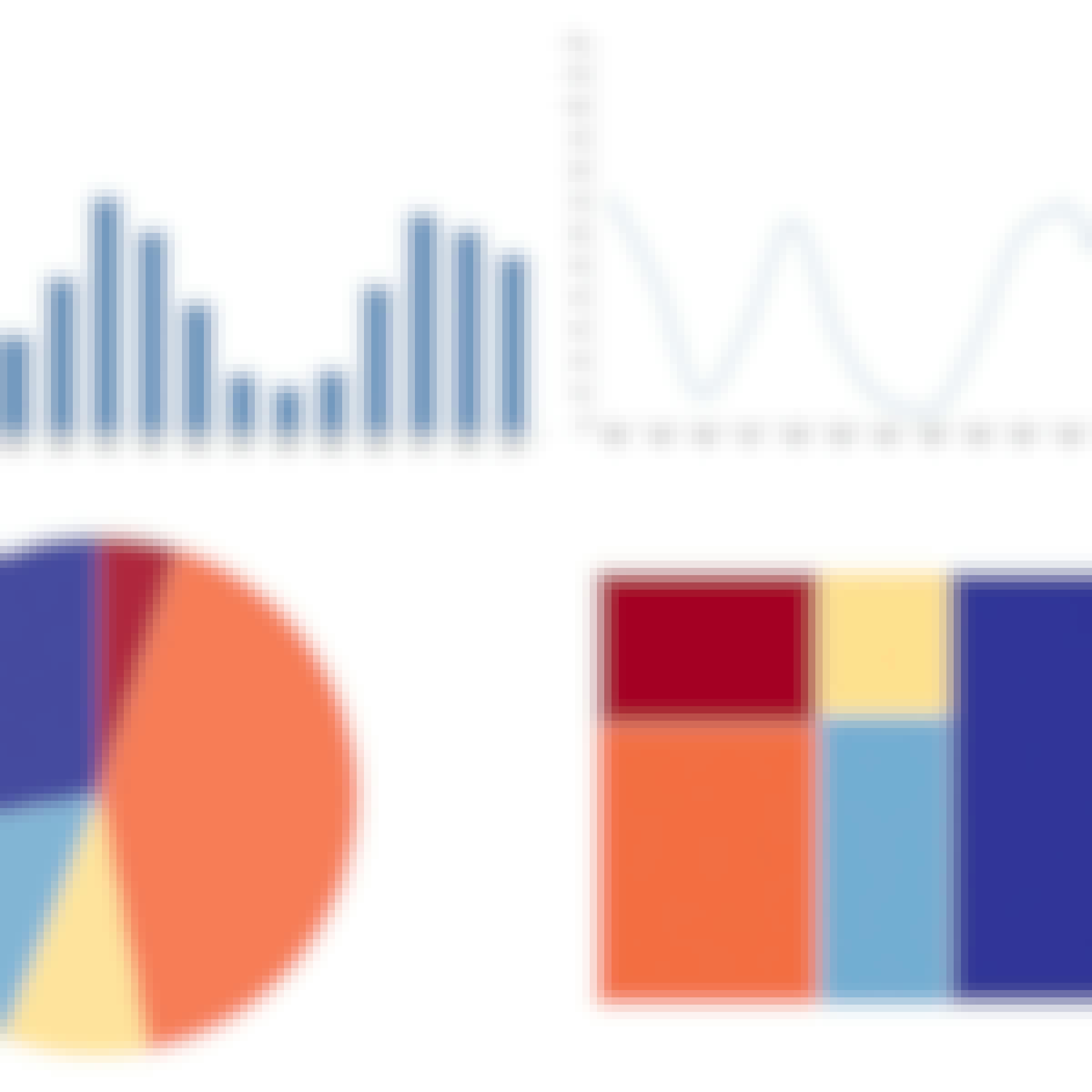Filter by
The language used throughout the course, in both instruction and assessments.
89 results for "qualitative research methods"

University of Minnesota
Skills you'll gain: Human Computer Interaction, People Analysis, Research and Design, User Experience, User Research

University of Maryland, College Park
Skills you'll gain: Design and Product, Product Development, Product Marketing, Strategy, Market Research, Product Strategy, Marketing, Product Management, Customer Analysis, Decision Making, Product Design

Skills you'll gain: Leadership and Management, Project Management, Risk Management, Strategy and Operations, Planning, Decision Making, Operations Management, Critical Thinking, Leadership Development, Performance Management

Macquarie University
Skills you'll gain: Leadership and Management, Risk Management, Critical Thinking, Decision Making, Probability & Statistics, Employee Relations, Business Psychology, C++ Programming, Innovation, Search Engine Optimization

UNSW Sydney (The University of New South Wales)
Skills you'll gain: Machine Learning, Artificial Neural Networks

L&T EduTech
Skills you'll gain: Python Programming

University of Minnesota
Skills you'll gain: Software Architecture, Software Engineering, Software Engineering Tools, Software Testing, Computer Programming, Computer Programming Tools, Design and Product, Leadership and Management, Product Development, Search Engine Optimization

University of Colorado Boulder
Skills you'll gain: Data Visualization
 Status: Free
Status: FreeUniversity of Geneva
Skills you'll gain: Epidemiology

University of Pennsylvania
Skills you'll gain: Financial Analysis, Investment Management, Leadership and Management, Risk Management, Business Research, Decision Making, Correlation And Dependence, Finance, Financial Management, Market Analysis
 Status: Free
Status: FreeIndian Institute for Human Settlements
Skills you'll gain: Planning

University of Pennsylvania
Skills you'll gain: Data Analysis, Forecasting, Leadership and Management, Mathematical Theory & Analysis, Mathematics, Operations Management, Operations Research, Probability & Statistics, Spreadsheet Software, Statistical Analysis
Searches related to qualitative research methods
In summary, here are 10 of our most popular qualitative research methods courses
- User Research and Design: University of Minnesota
- Establishing Product-Market Fit: University of Maryland, College Park
- Engineering Project Management: Risk, Quality, Teams, and Procurement: Rice University
- Risk governance: Manage the risks: Macquarie University
- Remote Sensing Image Acquisition, Analysis and Applications: UNSW Sydney (The University of New South Wales)
- AI Principles with Edge Computing: L&T EduTech
- Engineering Practices for Building Quality Software: University of Minnesota
- Fundamentals of Data Visualization: University of Colorado Boulder
- Global Health at the Human-Animal-Ecosystem Interface: University of Geneva
- ESG Impact: Investor Perspective: University of Pennsylvania










